
Issues a Thermal Imaging Inspection can Find
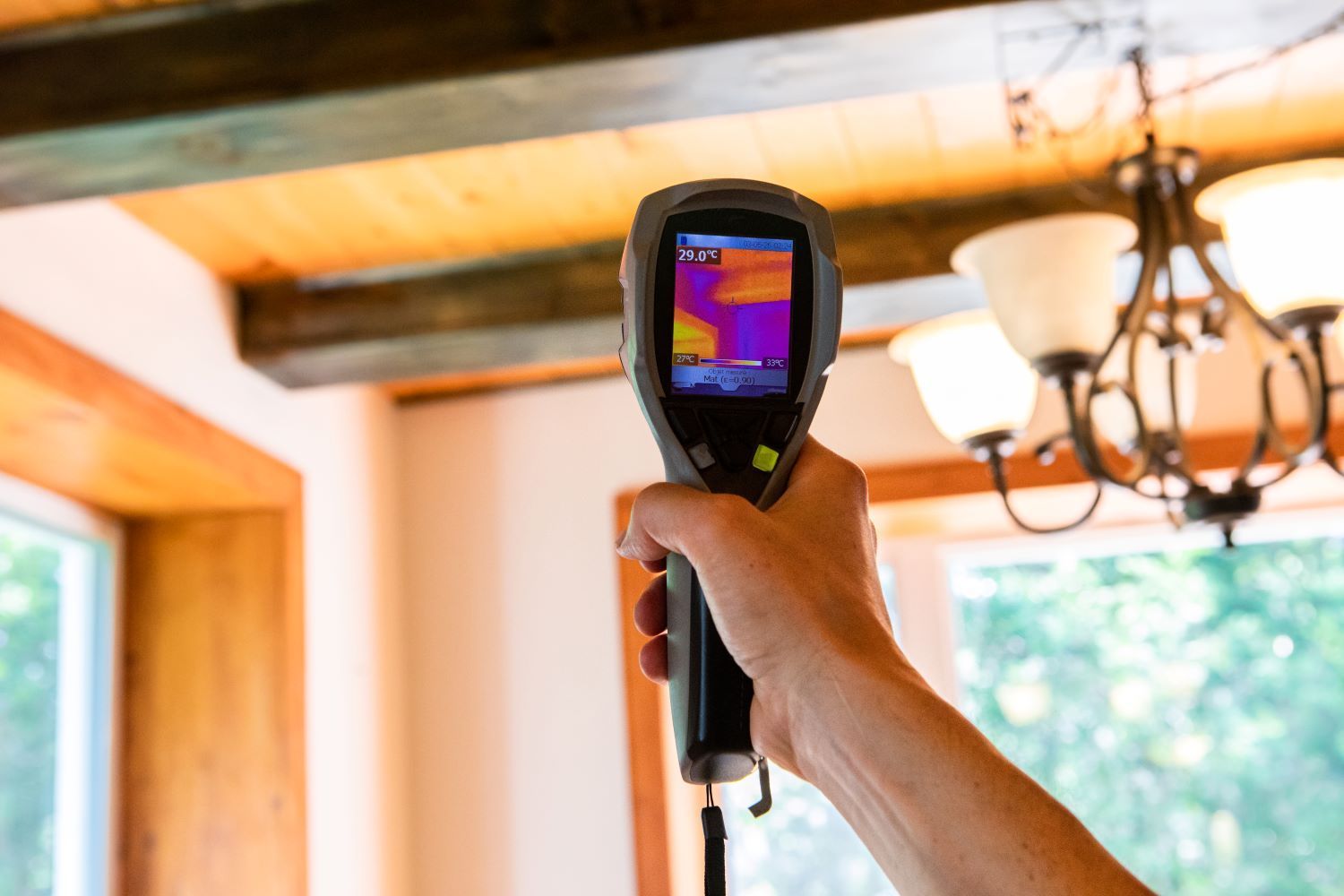
When it comes to ensuring the comfort and energy efficiency of your home, it's essential to address any hidden issues that may be lurking behind the walls. While traditional inspection methods can provide valuable insights, they often fall short when it comes to identifying hidden problems. That's where thermal imaging inspections come in.
What is Thermal Imaging?
Thermal imaging, also known as infrared thermography, is a non-invasive diagnostic technique that uses specialized cameras to detect and visualize differences in surface temperatures. By capturing infrared radiation emitted by objects, thermal cameras can create detailed images that reveal temperature variations within a given space.
Issues a Thermal Imaging Inspection Can Find:
Thermal imaging inspections can uncover a wide range of issues that may be affecting your home's comfort, safety, and energy efficiency. Some common problems that thermal imaging inspections can detect include:
- Moisture Intrusion: Thermal imaging can identify areas of moisture intrusion, such as water leaks, plumbing leaks, and roof leaks. By detecting temperature variations caused by moisture, thermal cameras can pinpoint the source of the problem and prevent further damage.
- Insulation Deficiencies: Thermal imaging can reveal areas of inadequate or damaged insulation, allowing homeowners to address insulation deficiencies and improve energy efficiency.
- Air Leakage: Thermal imaging can identify areas of air leakage, such as gaps around windows and doors, cracks in walls and ceilings, and holes in ductwork. By sealing these air leaks, homeowners can improve comfort and reduce energy costs.
- Electrical Problems: Thermal imaging can detect hotspots in electrical components, such as overloaded circuits, faulty wiring, and malfunctioning appliances. By identifying these issues early, homeowners can prevent electrical fires and ensure the safety of their home.
In conclusion, thermal imaging inspections offer a powerful tool for identifying hidden problems and improving the comfort, safety, and energy efficiency of your home. By detecting issues such as moisture intrusion, insulation deficiencies, air leakage, and electrical problems, thermal imaging inspections can help homeowners make informed decisions about home maintenance and upgrades. If you're concerned about the condition of your home or looking to improve its energy efficiency, consider scheduling a thermal imaging inspection with a reputable insulation contractor like Insulation Contractors London.
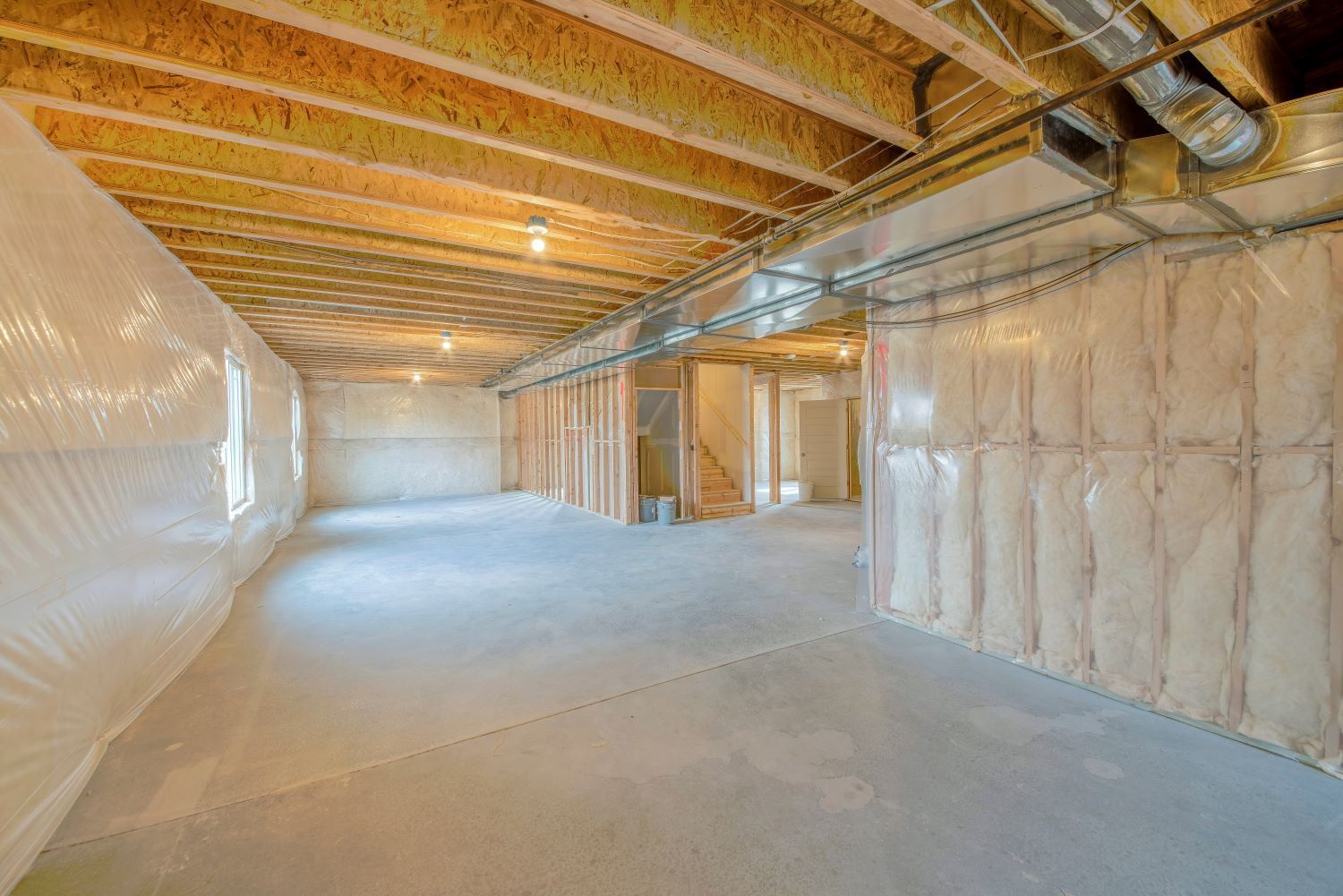
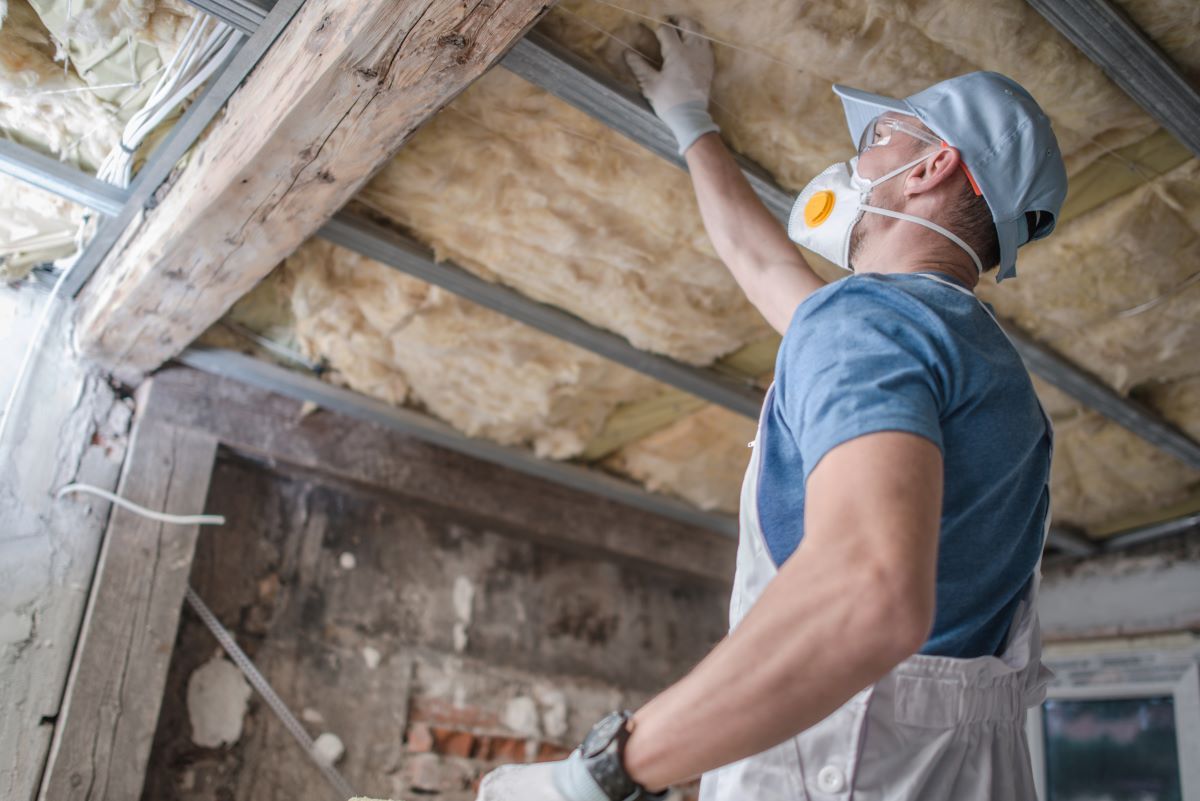
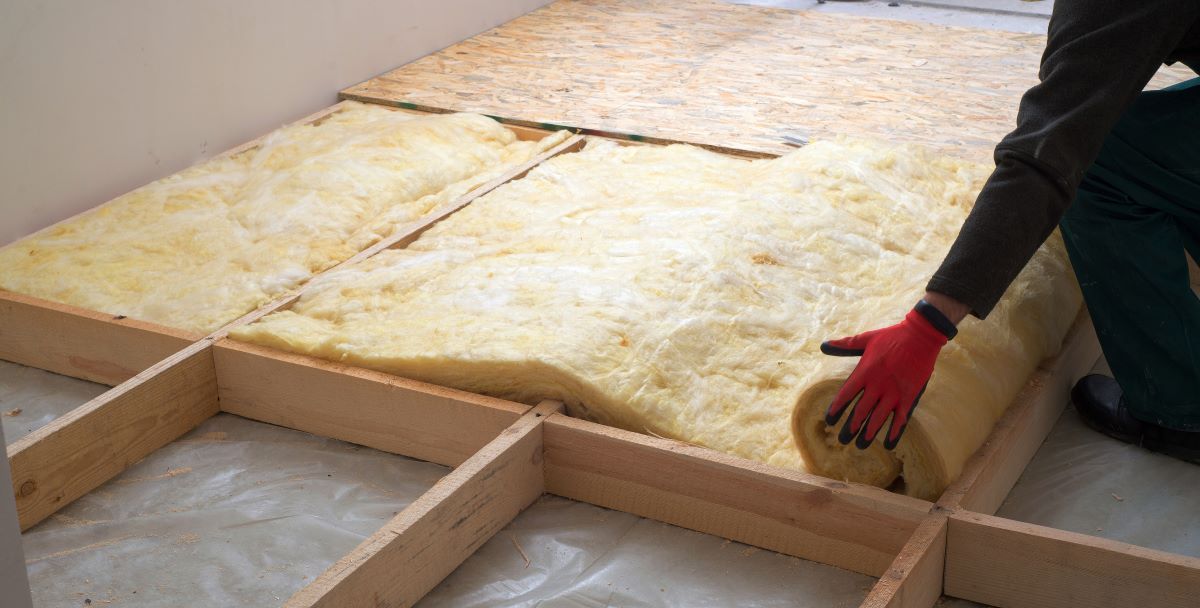


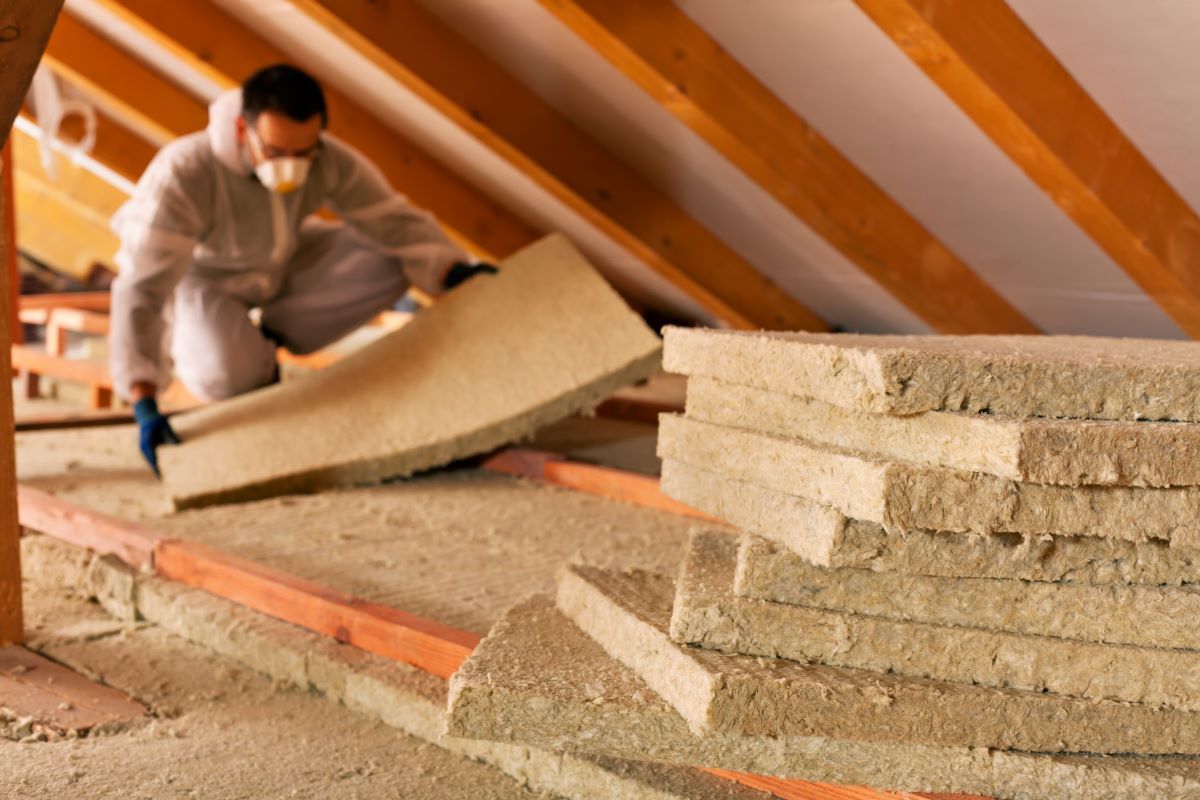



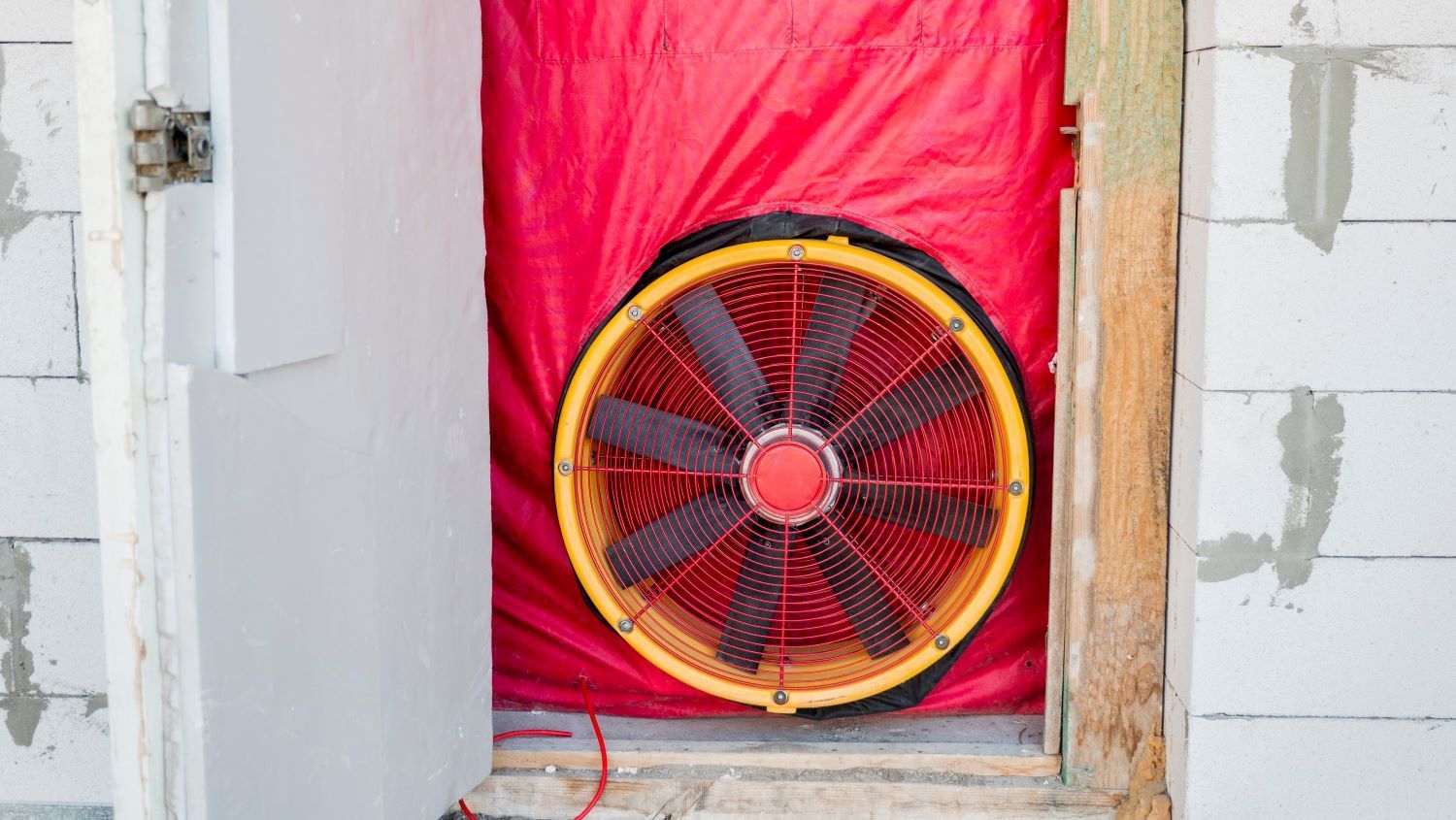
We bring pride and passion to every project that we undertake, with a professional team of contractors dedicated to quality service.
Company
Services
Contact
*This is a referral website. All work is completed by licensed contractors.
